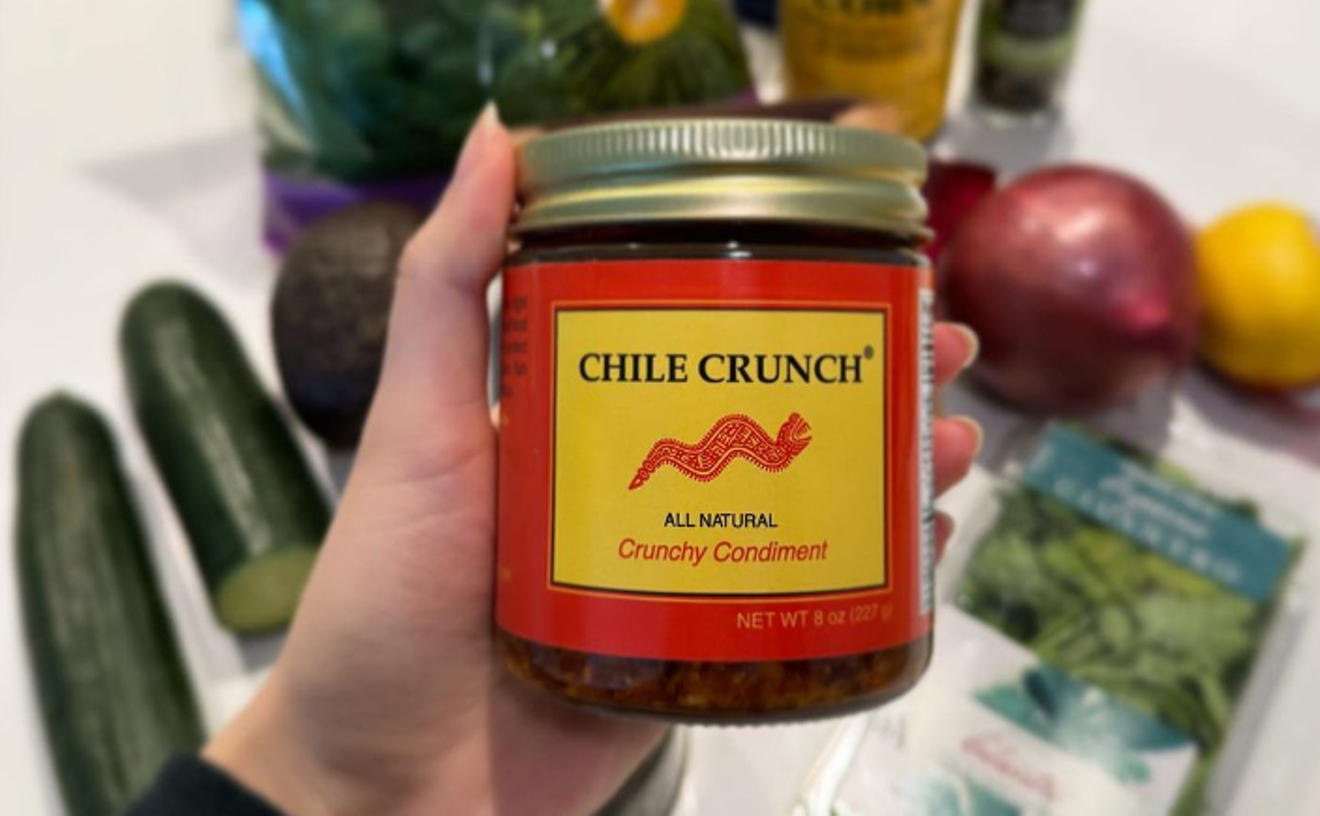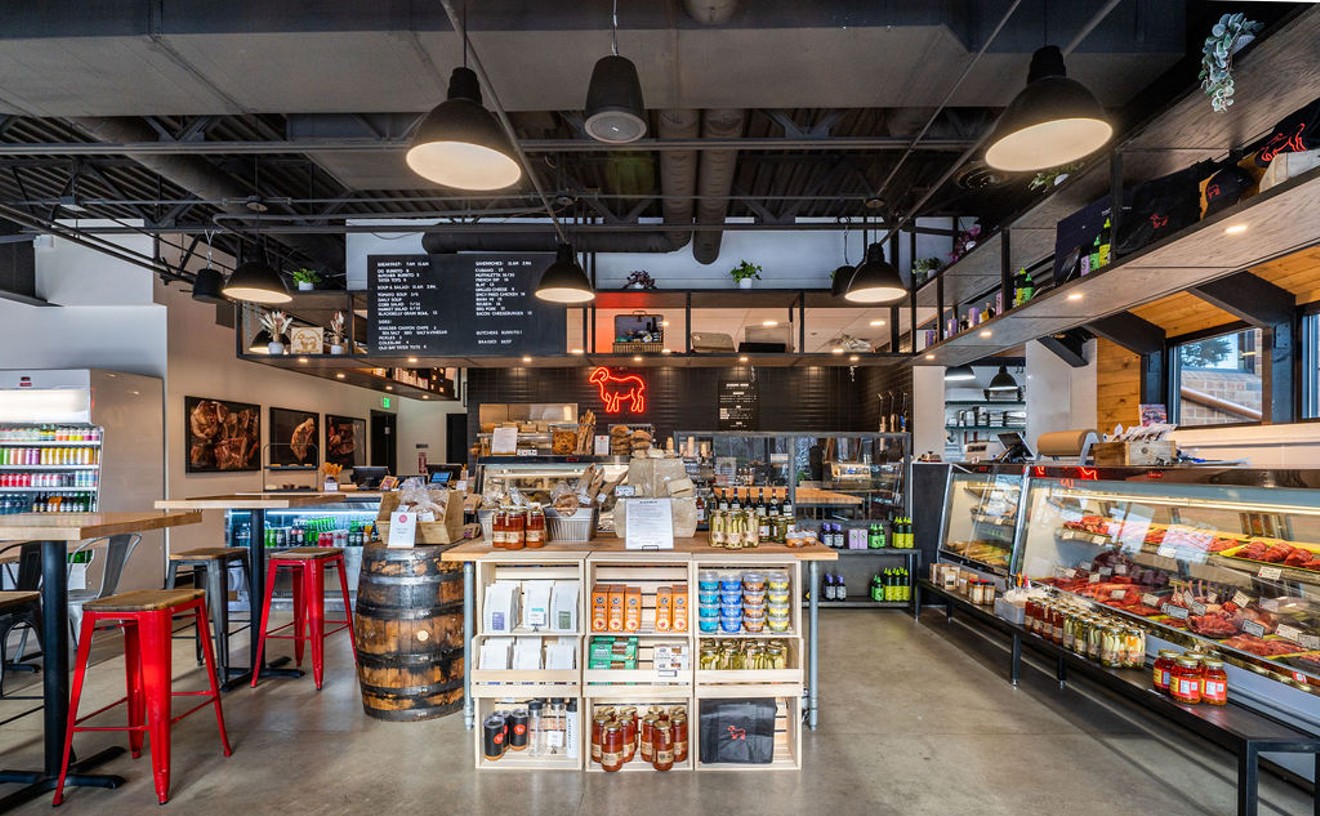On June 23, Denver will host an advance screening of Food Inc., a documentary that asks a seemingly simple question: Where does our food come from? It turns out that the answer is incredibly complex, possibly depressing and definitely surprising.
So was my conversation with director Robert Kenner:
Westword: So why did you decide to do Food Inc.?
Robert Kenner: I really made this film to be a big spoke in the wheel for a food revolution. I did it to open the eyes of mothers.
WW: So was it made to appeal to people already involved?
RK: While it's great to have a core audience, hopefully this can become a part of the big movement. We screened the film in Washington, and I think there are a lot of politicians that now want to change. The other thing to remember is that we get to vote three times a day with what we eat.
WW: How did you come to make this film?
RK: You know, I was really curious about how food gets to our table. It's a minor miracle, and we (Americans) spend less on our food than at any point in history, but this low-cost food comes at a really high cost. I thought it would be interesting to talk to all the producers from Joel Salatin (owner of Polyface Farms) to big companies, but agribusiness does not want us to know where food is coming from.
I didn't realize this, but they didn't want us making this movie. From their point of view, they don't want you thinking about this stuff. There is still the white picket-fence illusion and from their point of view, they don't want you to know it's coming from a huge factory.
It all relates to the tobacco analogy, where there were powerful organizations with connections to government. They totally lied about what smoking did to your health. There are total similarities. There is this misconception that we have many options for food, but it's all coming from a few big companies.
WW: How was it approached then -- with a slant, or just a general view about where food is coming from?
RK: When I started making this film, I wanted it to be a fair look.
WW: And then from there, you thought, "Let's see where it goes?"
RK: The more I realized, there were stumbling blocks.The scariest part was the hearing in Sacramento on whether cloned meat should be labeled, because from my point of view I didn't even know we were eating cloned meat. The meat rep said, "We don't think it would be good for the consumer to know," and that's something that keeps coming up time and time and time again.
In the U.S., we should have to right to choose for real information. This was a film about more than just food. See Food Inc. and figure out how to change it. This thing is starting to change.
WW: Were you interested in the process of food production before?
RK: I'm a filmmaker, and I wanted to make an entertaining film, so this is not my background.
WW: Where would you rank this movie with the ones you've made, then, in terms of the effect you think it will have?
RK: I think this will have the greatest effect. I realized I'm smack in the middle of a huge movement. As Eric (Schlosser) said, as he started it, no one was thinking about this stuff. And now look what's happening.
WW: How did this movie personally impact you?
RK: Well, it was beyond just an eating level. For one, it has made me talk to lawyers a lot. These companies are following me and putting out real misleading information. Because they said on their website and on a radio show that they never turned down the offer to be in the movie. Well, they had four months of letters sent asking them to be in the movie and they never responded, and then they say they never rejected being in the movie and they never even said anything.
But on an eating level, I really try to go to the farmers' market. Buy from local farmers, and I try to eat less processed food...I don't like eating industrial food. I don't want to eat industrial lettuce.










